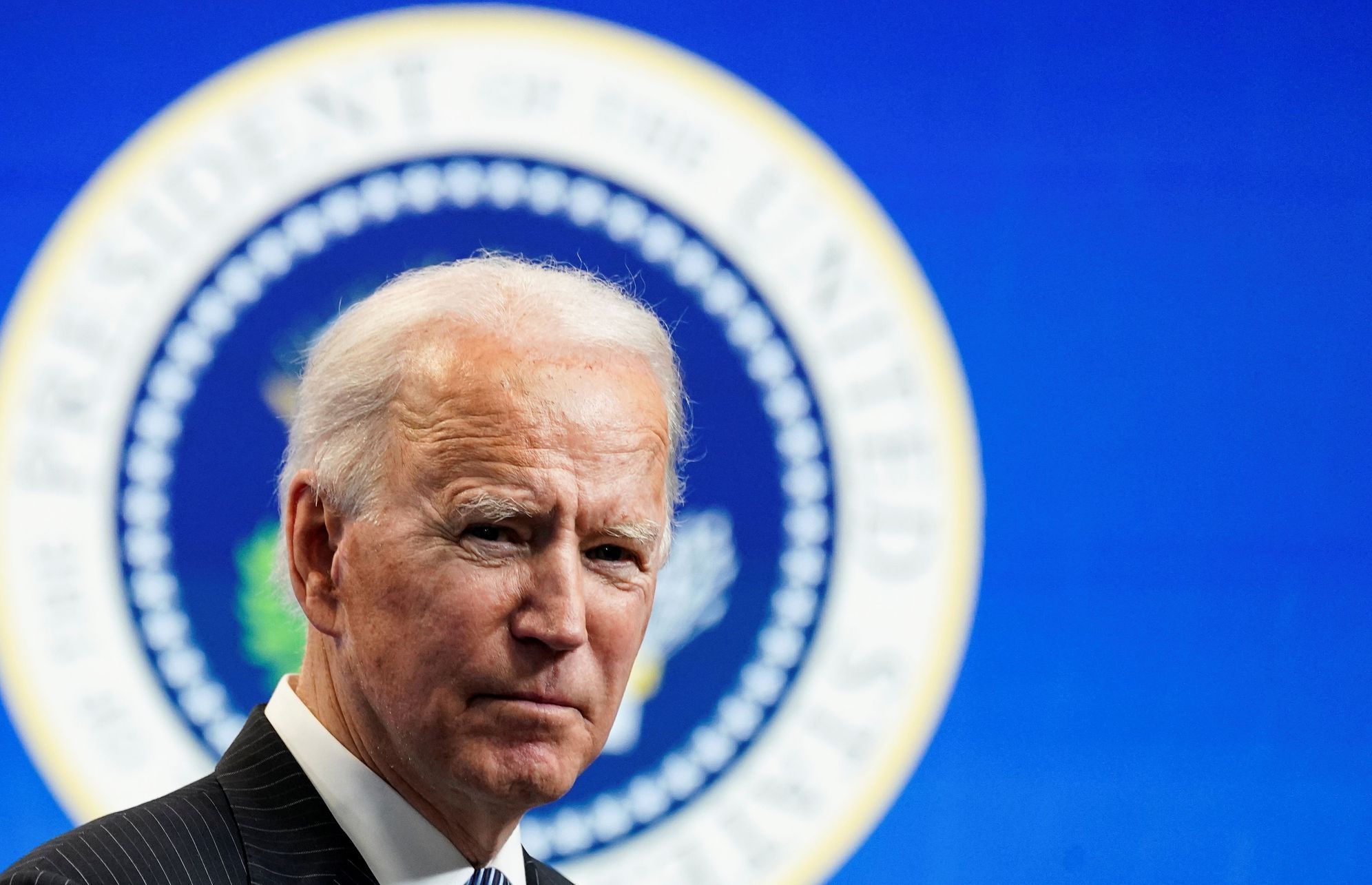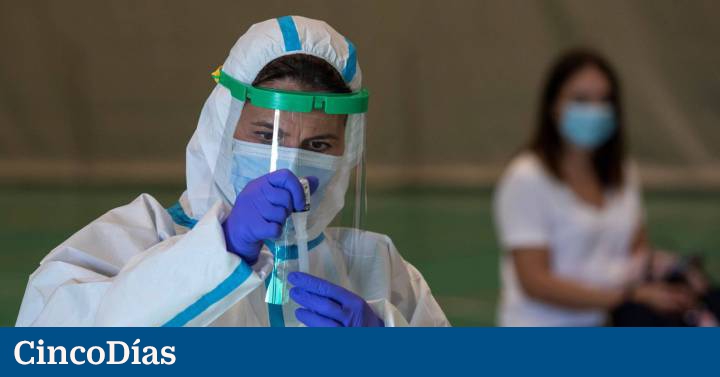At the digital Munich Security Conference, US President Joe Biden assured that the United States is ready to work with Europe again to defend democracy and protect the climate. He also said in a speech criticizing the behavior of China and Russia that the United States would live up to its NATO commitments.
European statesmen, led by Chancellor Angela Merkel, French President Emmanuel Macron and European Commission President Ursula von der Leyen, welcomed Biden’s words and emphasized that they saw transatlantic relations as a model of world values.
“America is back,” Biden said, adding that the United States did not want to look to the past, but to look to a common future. After four years in the White House with Donion Trump’s vision of “America first,” his successor today demonstrated his administration’s determination to return to the United States in many ways the role of world leader.
He warned European allies, whom he assured of American support, against the expected long-term rivalry with China, which he said would not be possible without American-European unity.
Biden has harshly criticized Russian President Vladimir Putin, who he said wants to weaken Europe as much as possible. “It is much easier for the Kremlin to provoke and threaten independent countries,” he said.
NATO Secretary General Jens Stoltenberg did not spare criticism, according to which China and Russia are trying to rewrite the rules to suit their own interests. German Chancellor Merkel has identified relations with Russia and China as crucial tasks for Europe and the United States. According to her, Moscow needs to be offered cooperation, but also to name the differences clearly. She offered Biden that German troops would stay in Afghanistan longer if it saved the country from radicals. The United States is now reviewing its original plan to withdraw international forces from Afghanistan by the end of April, which it has agreed with the Taliban in exchange for security guarantees.
Return to climate agreement
Biden also recalled that the US has officially returned to the global climate agreement in Paris today. His climate commissioner, John Kerry, then warned that the world had only nine years to make an ecological turnaround and that America had wasted years under Republican Trump.
French President Emmanuel Macron believes that in addition to protecting the climate, the US and the EU must focus on defending democracy, promoting multilateralism and guaranteeing freedom of expression. European Commission chief von der Leyen has urged Washington to join Brussels’ efforts to reform cyberspace. He wants illegal things in the real world to be illegal online as well. The President of the European Council, Charles Michel, described the cooperation between the USA and the EU not only as necessary, but also as the only possible path to success.
In addition to the new beginning of US-European relations, the current topic of the conference was the current pandemic of covid-19. Biden has promised that the United States will spend another two billion dollars (43 billion crowns) on the global COVAX vaccination program, doubling US aid.
The head of the World Health Organization (WHO), Tedros Adhanom Ghebreyesus, who oversees the COVAX program, stressed that fighting a pandemic is not possible without equal access to the vaccine. He said it was important to invest in joint vaccine production capacities and share vaccine licenses.
Microsoft founder and philanthropist Bill Gates pointed out today that no state was prepared for a pandemic, although he said it was enough to invest only a few billion dollars, for example in the production capacity mentioned by Tedros.
The British Prime Minister Boris Johnson, whose speech closed the conference, also spoke about prevention and also about the creation of an early epidemic warning system. According to Johnson, the world should use the pandemic as an opportunity to build a new, better and greener world. UN Secretary-General António Guterres also called the pandemic a chance. According to him, the coronavirus could be an impetus to correct international relations and to achieve carbon neutrality together by 2050.
– .

